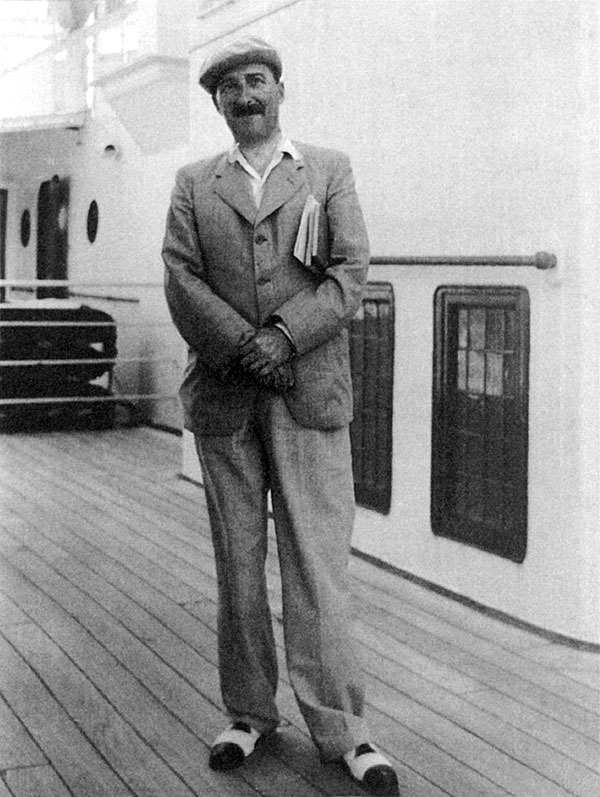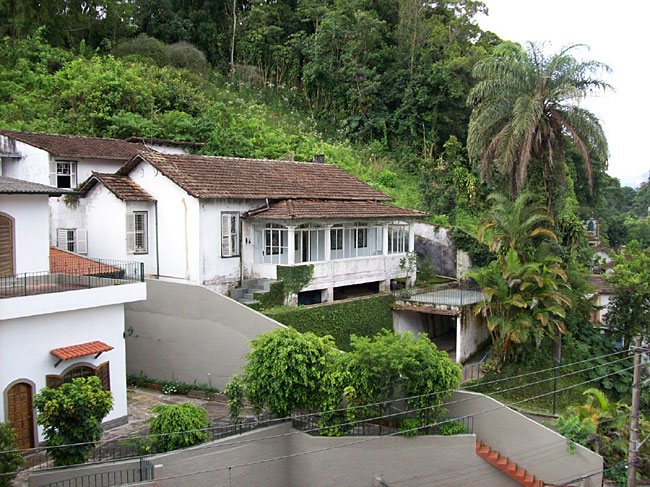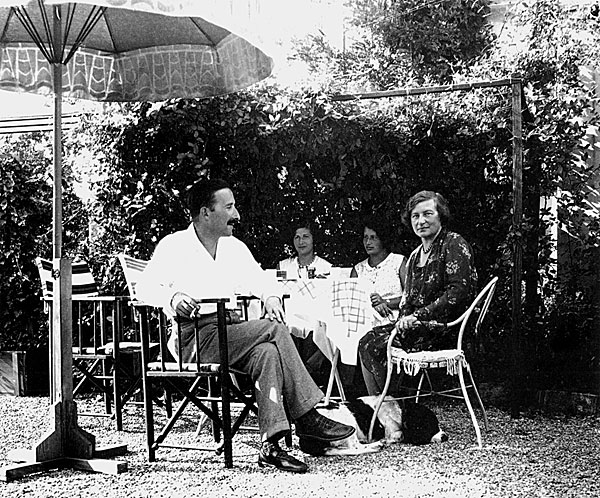Another brief post, marking what is truly the
end of an epoch.
The
Gotham Book Mart has been evicted, its merchandise snapped up by its landlord at auction for $400,000, its new premises to be rented to someone who can pay more.

Why is this a big deal?
The
Gotham Book Mart ([Photo via
Rollerboogie on Flickr]), in its former home and incarnation, was widely considered one of New York's greatest bookstores. Founded in 1920, it was one of the finest repositories of original and rare literature in the city, and, during the long tenure of former proprietor
Frances Steloff, a major haunt for many notable American and foreign writers of the 20th century, and also a cultural pacesetter; the store sold censored and controversial works, even fielding a lawsuit by a ninny who was offended by its sale of Nobel Laureate
André Gide's
If It Die. (Those were the days--now the ninnies don't even deign to pick up works of imaginative literature any more and get worked up.)
Allen Ginsberg and
Amiri Baraka in their youth worked there as clerks, but poor
Tennessee Williams didn't "last a day."
My friend
Eric H. was the first person to take me up there, and after that I always loved going in there because of the pleasant, attentive, knowledgeable staff members, a rarity at bookstores these days, and because I'd often find obscure poetry books--sometimes published 20 or 40 years before--still sitting behind other books (because
they practiced double-packing the books!) on the shelves, waiting to be extracted, explored and purchased rather than returned to moulder a publisher's or distributor's warehouse.
Many writers I know, and especially those of previous generations, have a Gotham Book Mart visit story or three. It was one of the City's longtime literary beacons, outlasting many of this larger competitors, like Scribner's, Doubleday, and Brentano, and outliving peers like Eeyore and Shakespeare and Company, only to fall prey the rent monster. (I'd thought the previous move from 47th St. to the 46th St. former
S. H. Kraus bookstore digs, which netted the owner,
Andreas Brown, $7.2 million, would have have taken care of this, but now New York is so expensive it's not inconceivable that the new owner simply could not keep up.) According to Fine Books Blog
According to reports out of New York, the landlord, who was owed in excess of $500,000 in back rent, bought the contents of Gotham Book Mart this morning with a bid of $400,000 for the entire contents. The rushed sale, held with only two days' public notice, now seems as if it were intended all along to ensure that the landlord would acquire the contents. Inside, the books were arranged in group lots with titles like "wall of books" and in stacks of boxes that were virtually impossible to inspect during the 90 minute pre-sale period. One suspects that this result is what the auctioneer meant when he told me he expected one buyer to take everything.
The landlord, officially 16 East 46 Street Property LLC, but actually real estate developer Edmondo Schwartz and cosmetics billionaire and postcard collector Leonard Lauder, thus acquired the contents for the cost of paying the auctioneer and the city marshal. The rest of the $400,000 bid returns to them as partial payment of the back rent.
The owner had been recovering from his third hernia surgery, and pleaded for a reprieve, to no success. A side note: Leonard Lauder's brother, former Ambassador Ronald Lauder, founded one of the best vanity museums in the country, the Neue Galerie, on New York's Upper East Side, and just last year he spent $135 million on Gustav Klimt's admittedly astonishing portrait of the late socialite Adele Bloch-Bauer. Just do the math....
At any rate, sic transit gloriae urbis....










 Why is this a big deal?
Why is this a big deal?






